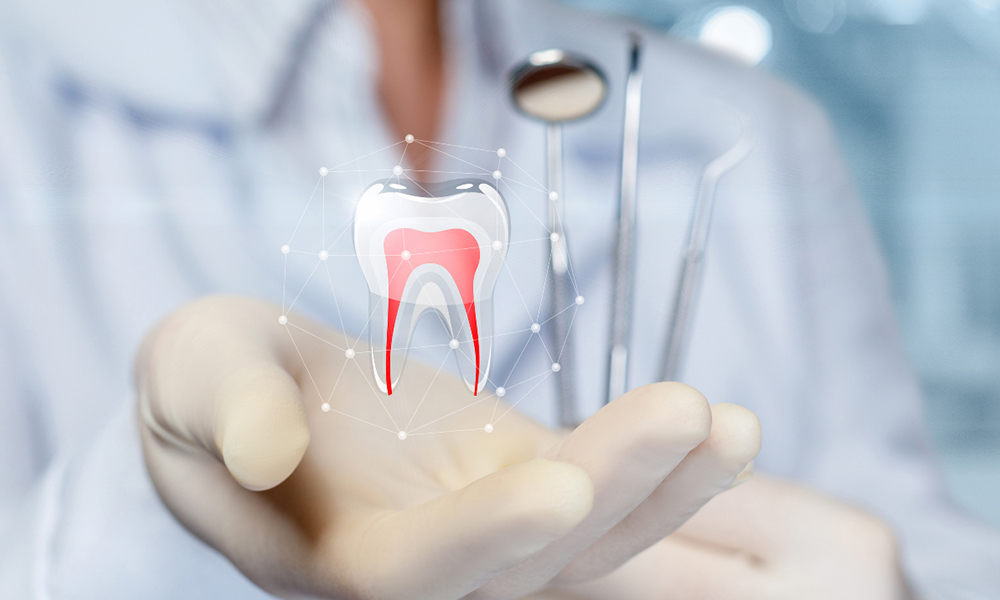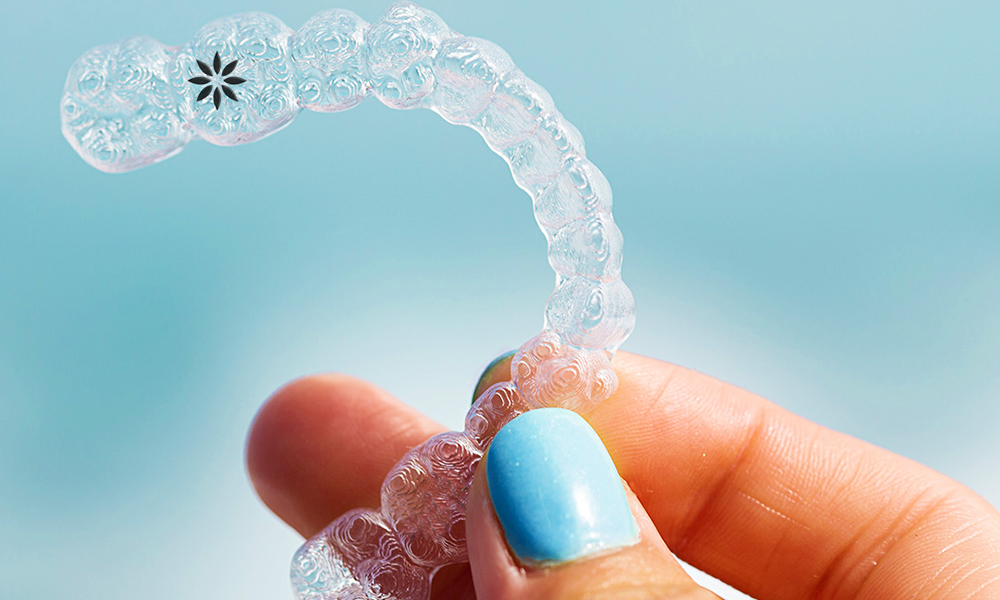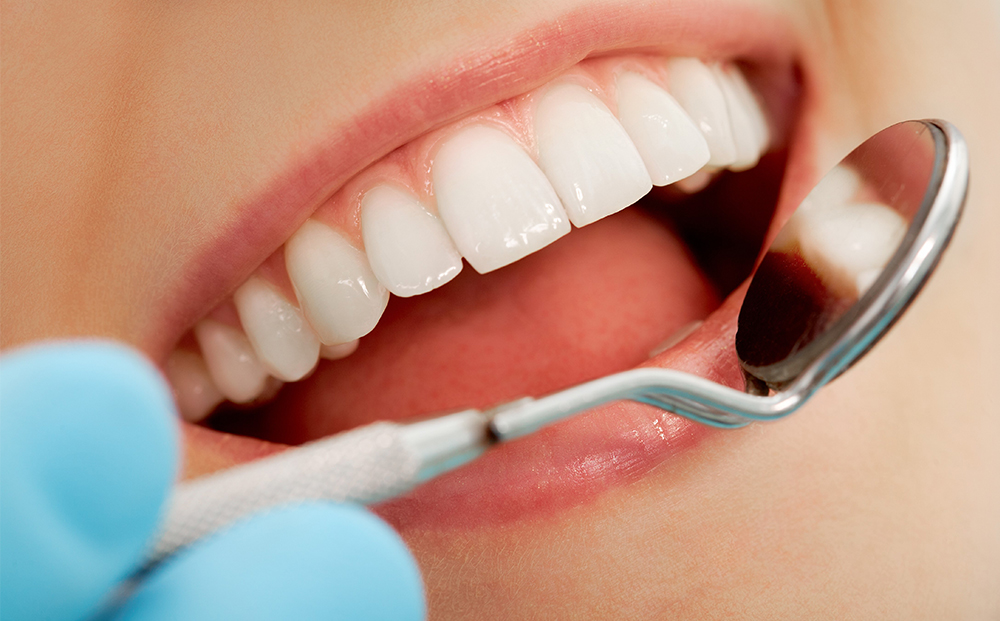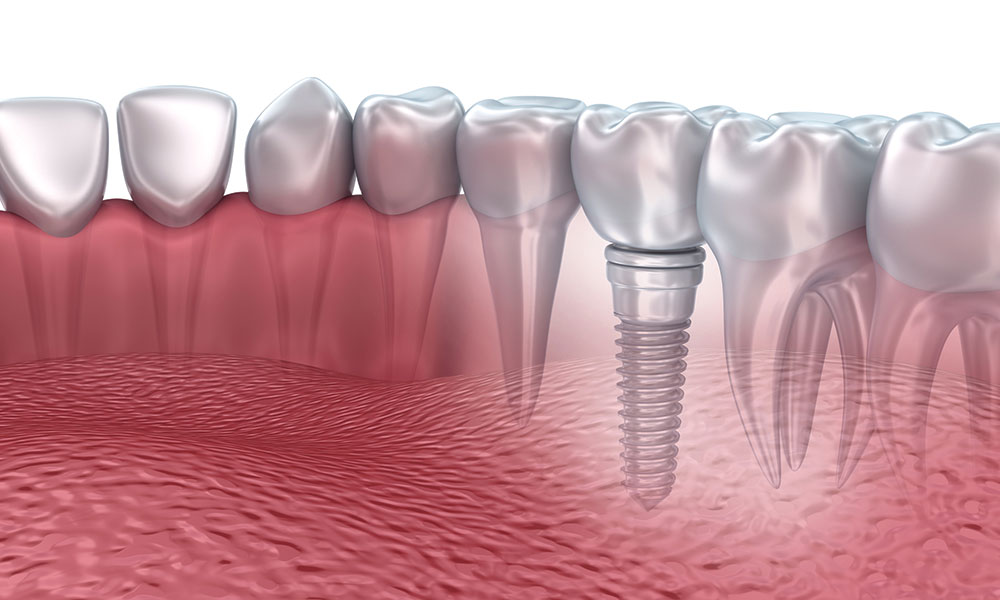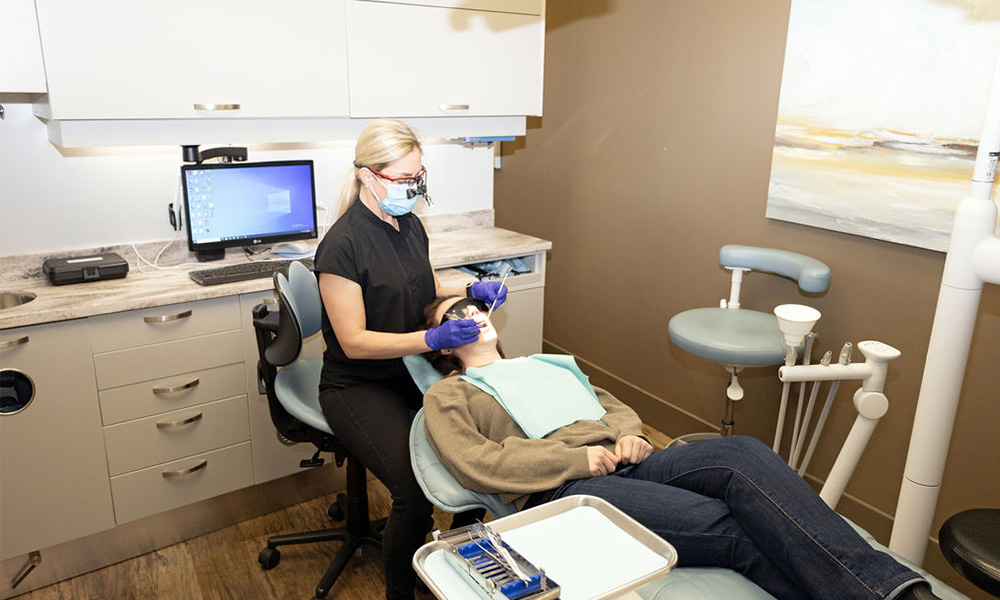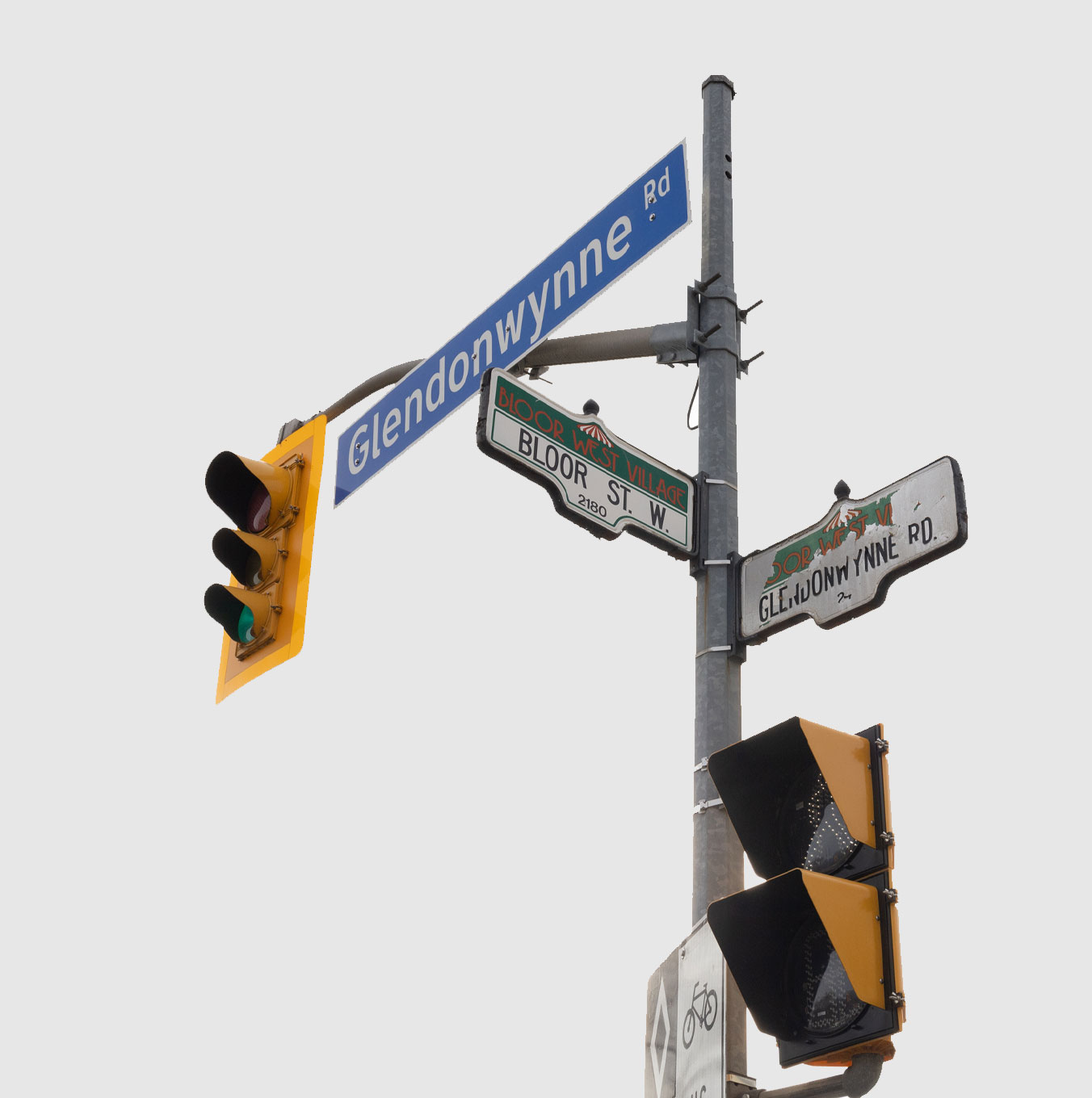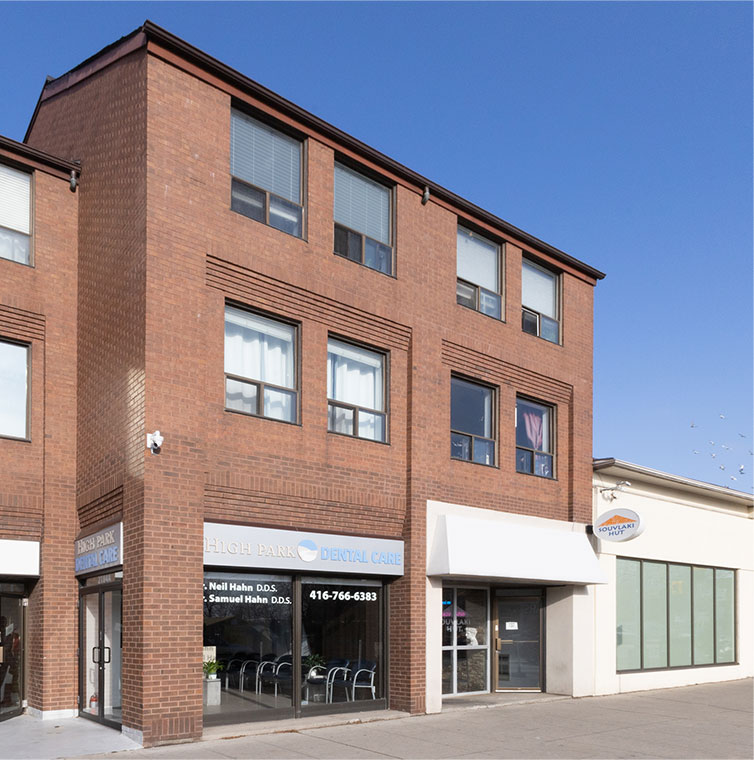
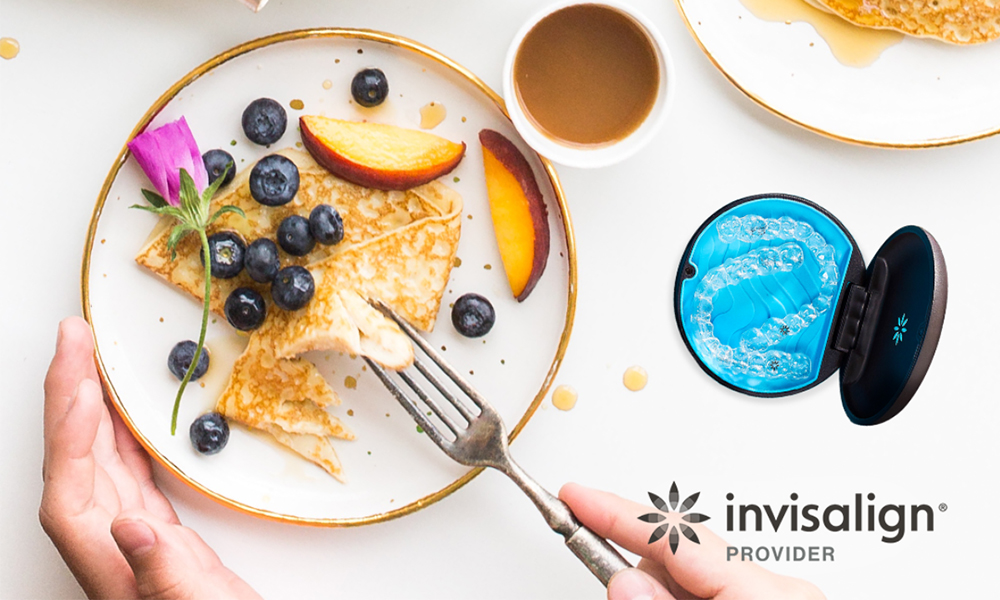
As an Invisalign dentist practicing in Toronto's High Park neighbourhood, there's been a remarkable shift in orthodontic treatment preferences. Increasingly, adults over 40 are seeking clear aligner therapy instead of traditional metal braces. This trend represents more than just aesthetic preference—it reflects a fundamental change in how mature adults approach dental health and professional appearance.
At High Park Dental Care, approximately 65% of adult orthodontic patients are over 40. Moreover, these patients consistently choose Invisalign treatment when consulting with the Invisalign dentist team. Let's explore why this demographic embraces clear aligners with such enthusiasm.
The modern workplace has evolved significantly, and professional appearance remains crucial for career advancement. Adults over 40 often hold senior positions where confidence and presentation matter immensely. Consequently, traditional metal braces can feel inappropriate for boardroom meetings or client presentations.
When adults consult an Invisalign dentist, they seek solutions that align with their professional lifestyle. Clear aligners offer the discretion that traditional braces simply cannot provide. Furthermore, the removable nature of Invisalign allows for important business meals and presentations without dietary restrictions or speech impediments.
Many patients share that they postponed orthodontic treatment for decades because metal braces seemed unprofessional. However, after discovering Invisalign treatment, they finally feel comfortable pursuing the straight smile they've always wanted.
Unlike teenagers who might embrace the novelty of braces, adults often feel self-conscious about visible orthodontic appliances. Clear aligners provide the confidence to maintain normal social interactions without drawing attention to ongoing dental treatment.
Additionally, adults over 40 frequently have grandchildren or participate in community activities where they want to feel confident in their appearance. Invisalign treatment allows them to pursue orthodontic correction while maintaining their established social presence.
Crooked or crowded teeth become increasingly difficult to clean effectively as people age. This can lead to gum disease, tooth decay, and eventual tooth loss. An Invisalign dentist can address these alignment issues while patients still have healthy teeth to work with.
Furthermore, adults over 40 often have the financial stability to invest in comprehensive dental treatment. They view Invisalign as a long-term investment in their oral health rather than a cosmetic luxury.
Today's adults over 40 are generally comfortable with technology and appreciate the advanced digital planning that Invisalign treatment offers. When consulting with an Invisalign dentist, they're impressed by the 3D treatment planning and predictable outcomes.
The ability to see projected results before beginning treatment resonates strongly with adults who want to make informed decisions. An experienced Invisalign dentist can show patients exactly how their smile will transform throughout the treatment process.
Moreover, the precision of digital treatment planning appeals to adults who value efficiency and predictability in their healthcare decisions.
Adults over 40 often have lower pain tolerance than younger patients and appreciate the comfort advantages of clear aligners. Traditional braces can cause significant discomfort, particularly for adults whose teeth haven't moved in decades.
Invisalign treatment typically involves less discomfort than traditional braces because the forces applied are more gradual and controlled. Patients frequently report minimal pain during their treatment journey.
Additionally, there are no brackets or wires to cause mouth sores or injuries—a significant advantage for adults who may be taking medications that affect healing.
Adults over 40 often have realistic expectations about treatment duration and are willing to commit to the process. An honest Invisalign dentist will explain that adult treatment may take longer than adolescent treatment, but patients in this age group typically demonstrate excellent compliance.
Mature patients understand the importance of wearing aligners for the recommended 22 hours daily. They're also more likely to attend regular appointments and follow their Invisalign dentist's instructions precisely.
This commitment often leads to better treatment outcomes and higher patient satisfaction rates compared to younger demographics.
Adults over 40 are typically in their peak earning years and can afford comprehensive dental treatment. They view Invisalign as an investment in their personal and professional future rather than an expense.
Many patients share that they wish they had pursued orthodontic treatment earlier but are grateful that Invisalign technology now makes it possible to achieve their dream smile discreetly.
Adults over 40 considering orthodontic treatment should consult with an experienced Invisalign dentist as the first step toward achieving their ideal smile. At High Park Dental Care, the team specializes in adult Invisalign treatment and understands the unique needs of mature patients.
The combination of professional discretion, lifestyle flexibility, and advanced technology makes Invisalign the clear choice for adults over 40. Age shouldn't prevent anyone from achieving the confident smile they deserve.
Ready to explore options? Contact High Park Dental Care at (416) 766-6383 to schedule an Invisalign consultation today. The journey to a straighter, more confident smile can begin at any age.
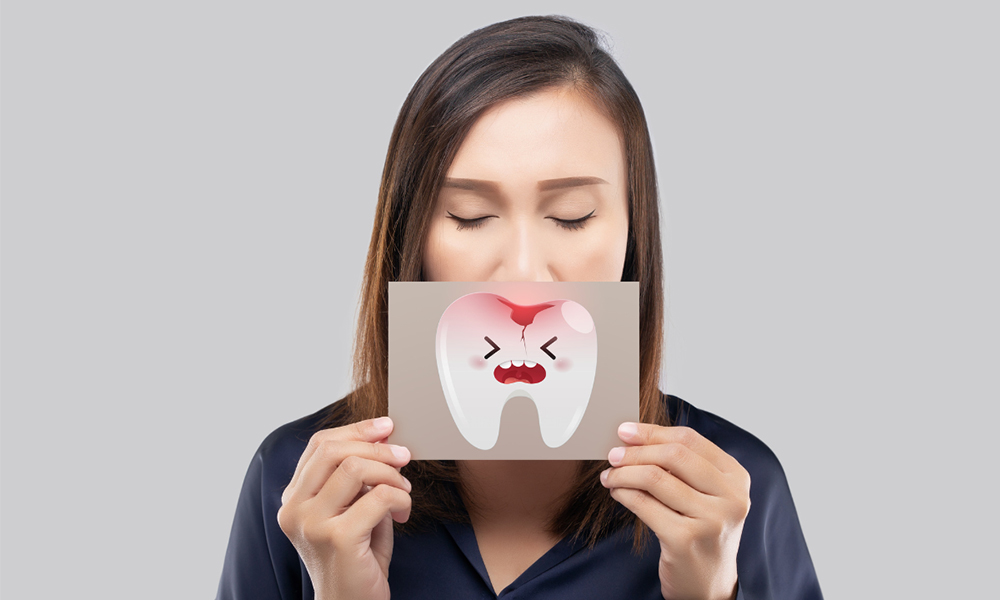
As an emergency dentist serving the High Park community for over a decade, I've seen countless patients running through our doors in pain that could've been prevented. Here at High Park Dental Care, our emergency dental staff treat urgent cases often, with adequate care and attention, may never have reached crisis point. Today, I'm giving you the most prevalent avoidable dental emergencies we see.
When you're in pain with a toothache, finding an emergency dentist is your top priority. But most patients are surprised to learn that their dental emergency was not created overnight, but rather over time. As emergency dentists, we conservatively estimate that approximately 60% of urgent cases reflect prolonged neglect or delayed treatment.
Prevention is always less expensive—both money-wise and in terms of your body—than emergency treatment. Knowing the most prevalent preventable emergencies will allow you to sidestep the need for urgent care.
One of the most common reasons patients visit an emergency dentist is for cracked or broken teeth. Although some breaks come from sudden trauma, many are the result of preventable factors.
When fixing broken teeth, we first assess the extent of damage. Minor cracks may require bonding, but significant cracks typically require crowns or even extractions. Treatment then depends on whether or not the crack extends to the pulp or under the gumline.
Prevention Steps:The most potentially dangerous but preventable dental emergency we see may be the one with severe infections. They can manifest as abscesses—pockets of infection filled with bacteria that lead to facial swelling, excruciating pain, and possibly systemic disease if neglected.
Dental infection treatment should not be put off. We typically drain the abscess, put you on meds, and fix the source—typically by doing a root canal or pulling it. Infections like that don't normally happen overnight; they are generally the result of untreated decay or gum disease.
Prevention Strategies:Lost or broken dental restorations are also a preventable emergency. When fillings or crowns fall out, they expose unprotected tooth structure and are extremely painful, prompting an immediate call to an emergency dentist.
When patients come in with missing fillings or crowns, we provide temporary or permanent replacements depending on the case. The majority of these cases, though, come in with evidence that the restoration was already compromised before it failed.
Prevention Strategies:We often see patients with intense pain from impacted wisdom teeth. Although not all wisdom tooth problems are avoidable, a large percentage of emergency cases arise after patients disregard advice to have wisdom teeth extracted or overlook warning signs.
When patients come in with wisdom tooth emergencies, we typically provide pain relief, antibiotics if the patient is infected, and referral for extraction. But these painful events typically follow months of erratic pain that patients neglected.
Prevention Strategies:While not all dental trauma is preventable, we see on a daily basis injuries that could have been avoided with good precautions. Dental injuries caused by sports are particularly common but entirely preventable.
In the management of dental trauma, we attempt to salvage natural teeth as much as possible. For teeth that are avulsed, immediate therapy (within 30-60 minutes) significantly improves the prognosis. For chips and fractures, there are many restorative options depending on severity.
Prevention Measures:Knowing when to call for emergency dental care can make small issues catastrophes. Call an emergency dentist immediately if you experience:
At High Park Dental Care, our team is committed to providing prompt emergency dental care when you need it most. However, we're even more committed to helping our patients avoid getting into emergencies in the first place with preventive care and education.
Remember, the best emergency dental care is the kind you never need. Regular dental visits, prompt attention to minor issues, and preventive practices can save you from needing to get urgent dental care.
Need an emergency dentist? Call us at 416-766-6383


